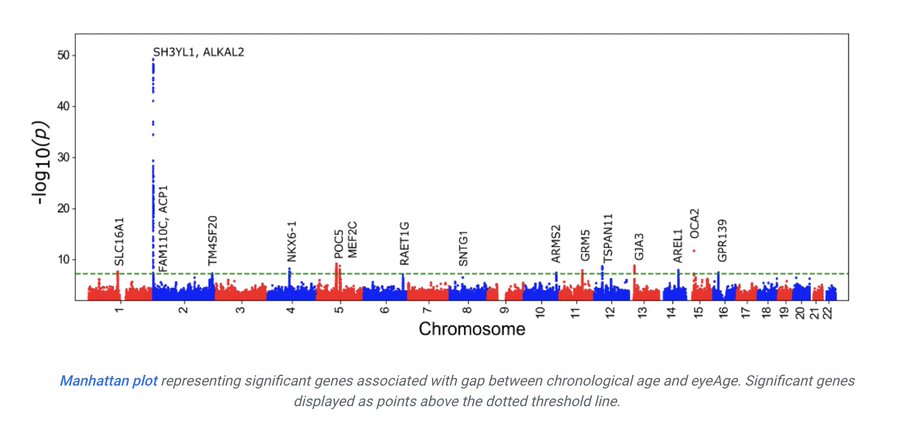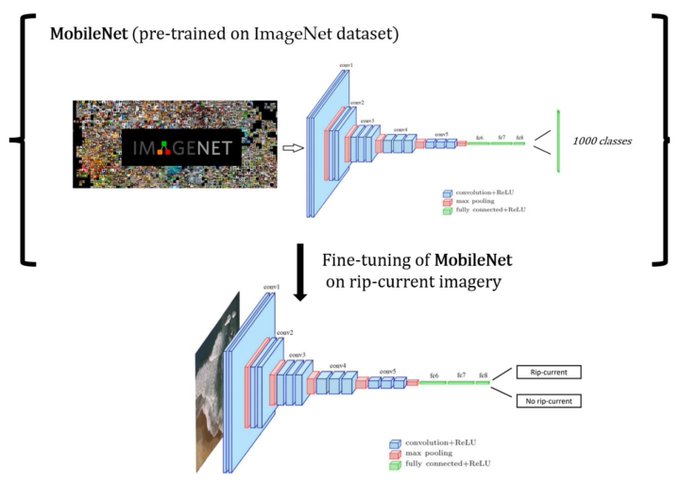Machine learning heavily relies on probability theory. Hence, managing uncertainty (read imperfect or incomplete information) is key to machine learning (ML) projects.
Ideally, deep learning makes it possible to produce dependable predictions on data from the same distribution the models were trained on. However, there are often disparities in the distribution of data on which the model was trained and to which a model is applied. For example, a 2018 study found that deep learning models trained to detect pneumonia in chest x-rays did not achieve the same degree of accuracy when they were evaluated on previously unseen data from hospitals.
Methods such as Gaussian processes are very helpful in data analysis and decision making. For instance, an autonomous car may use this information to decide whether it should brake or not.
Mots-clés : cybersécurité, sécurité informatique, protection des données, menaces cybernétiques, veille cyber, analyse de vulnérabilités, sécurité des réseaux, cyberattaques, conformité RGPD, NIS2, DORA, PCIDSS, DEVSECOPS, eSANTE, intelligence artificielle, IA en cybersécurité, apprentissage automatique, deep learning, algorithmes de sécurité, détection des anomalies, systèmes intelligents, automatisation de la sécurité, IA pour la prévention des cyberattaques.






